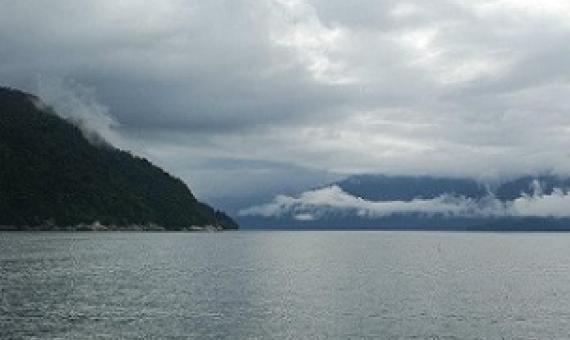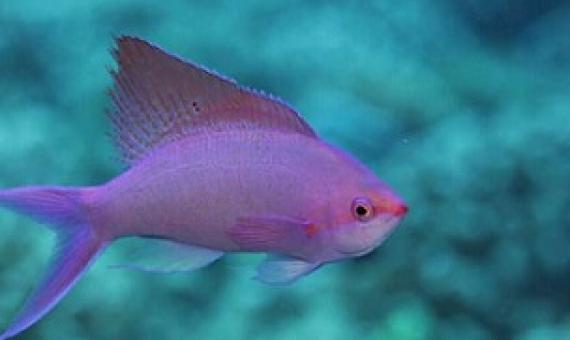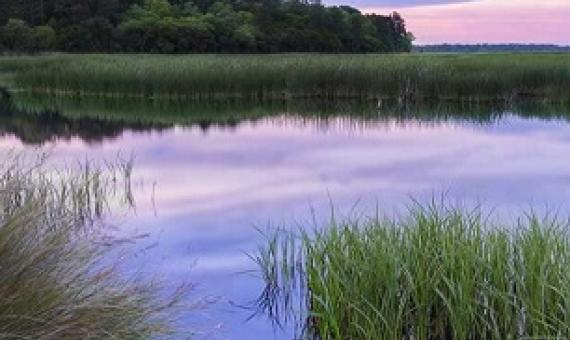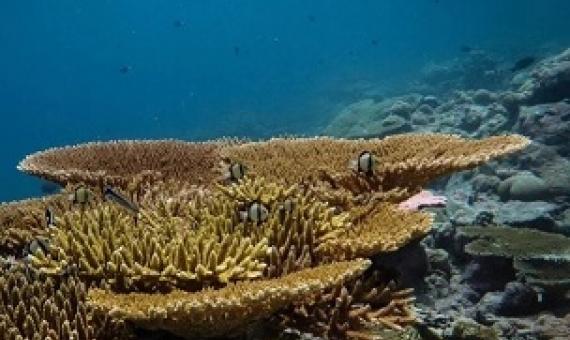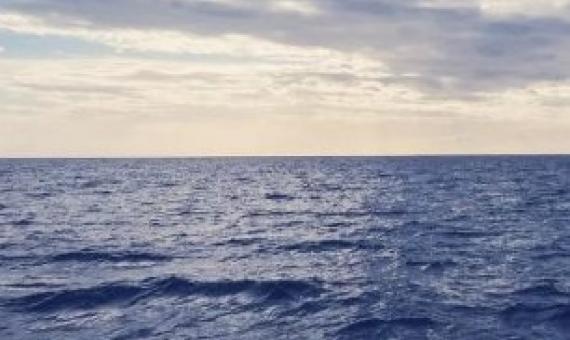Na Vuku Makawa ni Qoli: Indigenous Fishing Knowledge (IFK) in Fiji and the Pacific
The time-tested Indigenous fishing knowledge (IFK) of Fiji and the Pacific Islands is seriously threatened due to the commercialization of fishing, breakdown of traditional communal leadership and oral knowledge transmission systems, modern education, and the movement of the younger generations to urban areas for work and/or study. Consequently, IFK, which has been orally transmitted for generations, has either been lost, not learned by the current generation, or remains undocumented.

